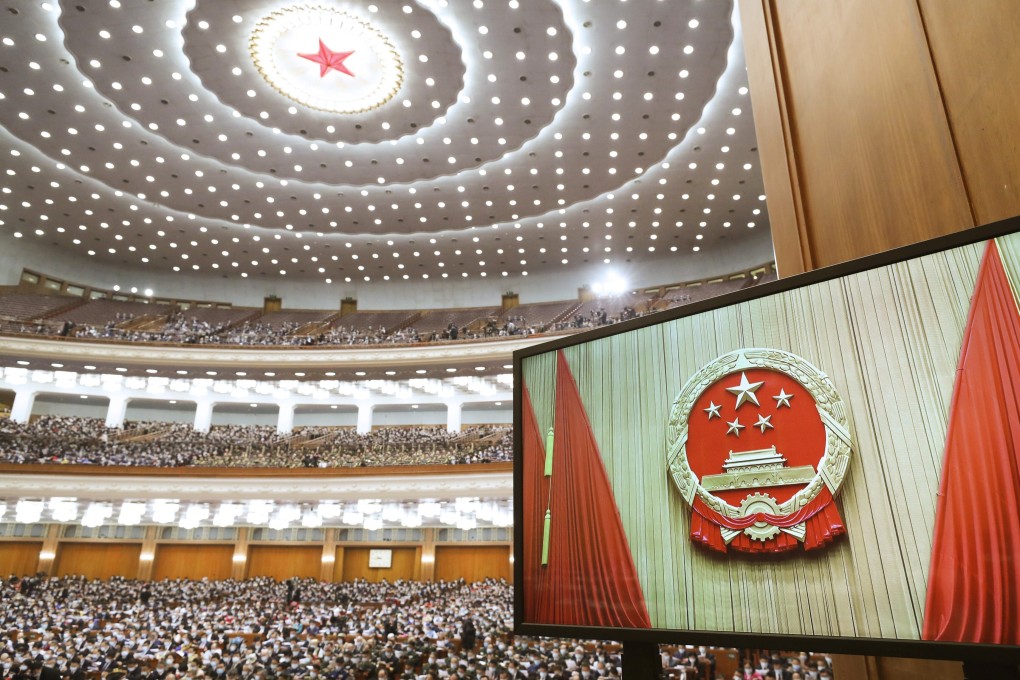Advertisement
Why a highlight of China’s Two Sessions could pose as a double-edged sword for Southeast Asia
- Even as Beijing presses on with a ‘dual circulation’ economic strategy focused on domestic consumption, it needs regional partners to secure supply chains
- Asean members stand to benefit, but experts warn that amid the US-China competition smaller countries risk getting ‘trapped’ in China’s orbit
Reading Time:5 minutes
Why you can trust SCMP
8

With China’s annual parliamentary meetings known as the Two Sessions in full swing, Southeast Asian countries are keeping a close eye on what Beijing says about its economic goals, including its “dual circulation” strategy that focuses on domestic consumption and internal development to ensure self sufficiency.
First spelt out in May last year, the plan places greater emphasis on the domestic market, or internal circulation, and less on overseas markets and technology – though it does not abandon these latter two altogether.
Analysts believe that even as China looks inward – a response to ongoing tensions with the United States – the world’s largest trading nation will also focus on boosting regional cooperation.
Said Hao Zhou, a senior emerging markets economist at Commerzbank: “[The dual circulation strategy] means China’s domestic market will become more important, but Beijing will also have to ensure a bigger export market for its products.”
“Asean [the Association of Southeast Asian Nations] is part of the Regional Comprehensive Economic Partnership [RCEP] and will clearly be an important market for China,” said Zhou, referring to the world’s largest free-trade deal between 15 nations that account for about one-third of the world’s population and economy, but does not include the US.
But besides looking out for opportunities, Asean countries will also be assessing the risks of closer cooperation with China, especially if the US comes up with punitive trade measures.
Advertisement